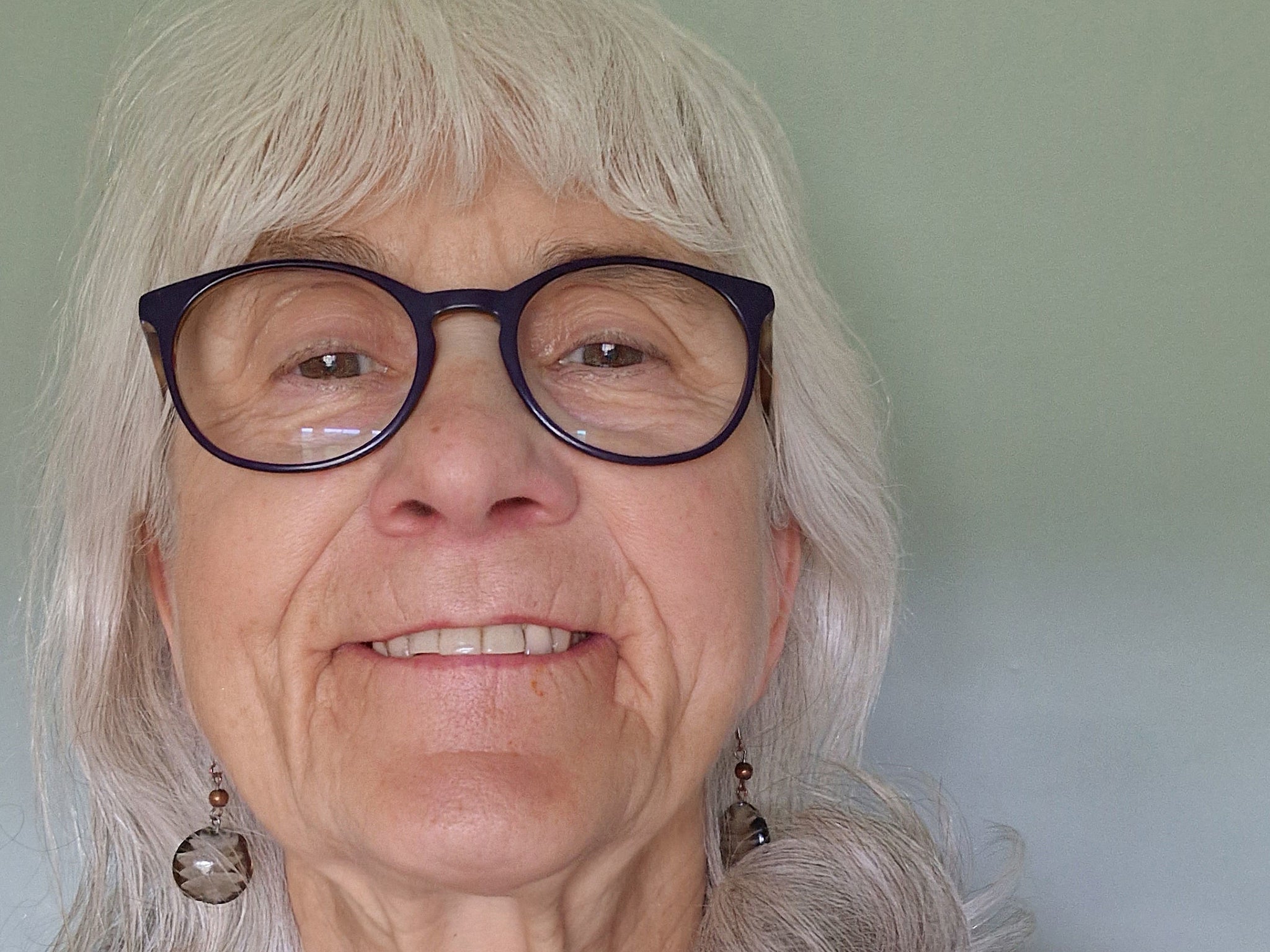Genetic mutation allows British woman, 75, to feel no pain
Experts from University College London (UCL) have found how mutations in the FAAH-OUT gene work at the molecular level enabling Jo Cameron to escape pain

Scientists have uncovered how a rare genetic mutation in a woman allows her to live her life almost pain-free and never feel anxious or afraid.
Experts from University College London (UCL) have found how mutations in the FAAH-OUT gene work at the molecular level enabling Jo Cameron, from Scotland, to escape the experience of pain.
The same biological mechanisms are also believed to allow wounds to heal more rapidly.
The researchers said the findings, published in the journal Brain, open up doors for new drugs research in relation to pain management and wound healing.
Professor James Cox, of UCL Medicine, who is a senior author of the study, said: “By understanding precisely what is happening at a molecular level, we can start to understand the biology involved and that opens up possibilities for drug discovery that could one day have far-reaching positive impacts for patients.”
Ms Cameron, 75, who lives near Loch Ness in the Highlands, made headlines in 2019 when UCL scientists announced that mutations in the previously unknown FAAH-OUT gene made her feel no pain, stress or fear.
She found out about the condition when she was 65 and sought treatment for an issue with her hip, which turned out to involve severe joint degeneration although she had experienced no pain.
She had surgery on her hand at Raigmore Hospital in Inverness months later and reported no pain afterwards, although the treatment is normally very painful.
Building on that work, the researchers have found that FAAH-OUT mutation “turns down” the expression of the FAAH gene, which is associated pain, mood and memory.
The team discovered enzyme activity levels in the FAAH gene to be significantly reduced in Ms Cameron’s case.
They also analysed tissue samples to study the effects of FAAH gene mutations on other molecular pathways and found increased activity in another gene, known as WNT16, that has previously been linked to bone generation.
I think these findings will have important implications for areas of research such as wound healing, depression and more
The researchers also found alterations in two other genes, BDNF and ACKR3, which they believe may contribute to Ms Cameron’s low anxiety, fear and painlessness, the researchers said.
Dr Andrei Okorokov, also of UCL Medicine, a senior author of the study, said: “The FAAH-OUT gene is just one small corner of a vast continent, which this study has begun to map.
“As well as the molecular basis for painlessness, these explorations have identified molecular pathways affecting wound healing and mood, all influenced by the FAAH-OUT mutation.
“As scientists it is our duty to explore and I think these findings will have important implications for areas of research such as wound healing, depression and more.”



Bookmark popover
Removed from bookmarks